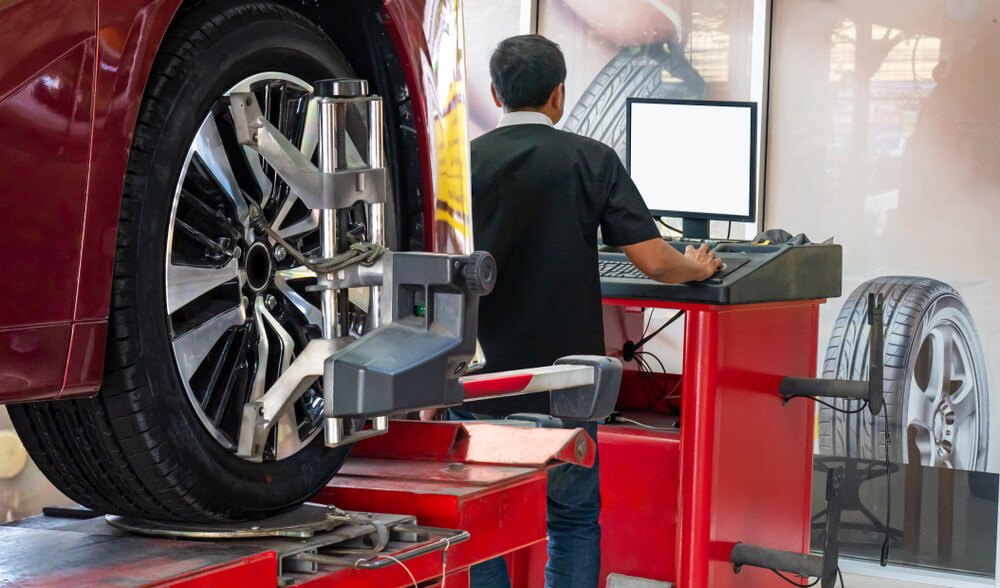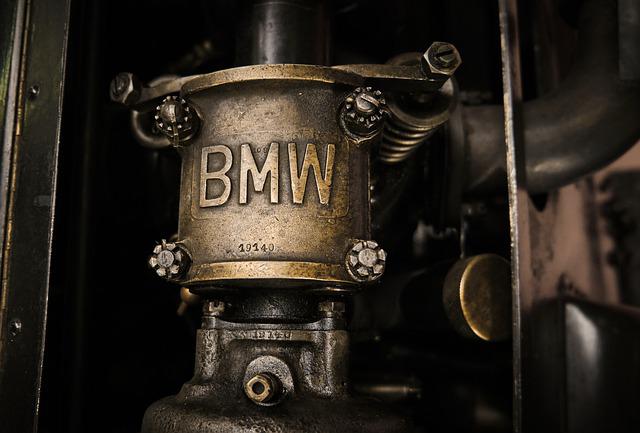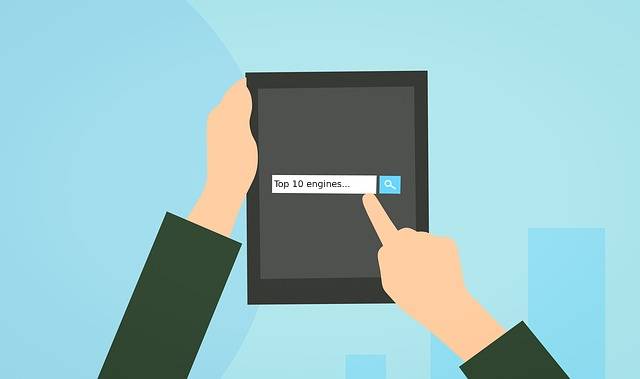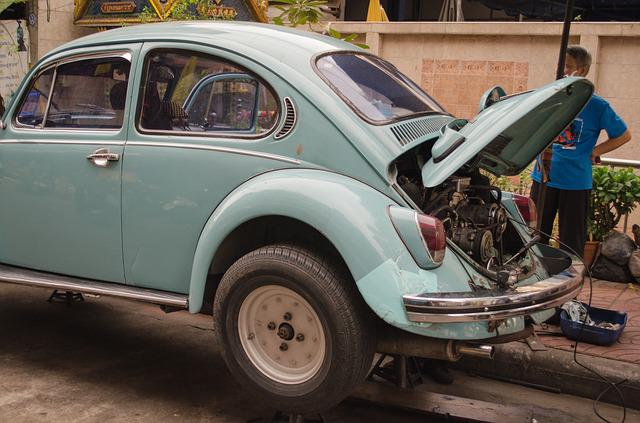Soft Or Spongy Brake Pedal? Here's What You Can Do
Find Used Engines and Transmissions for a Great Price! Live Assistant For Used Engines Call 1800-518-9776

Brakes are made up of various components, and whenever any element of the system faces damage, they start to give signals to the owner of the automobile. While there are various types of signals that are given out, here in this blog, we will be looking at the brake problem of a soft or spongy brake pedal and ways to fix it.
What is a soft or spongy brake pedal?
The term "soft or spongy brake pedal" describes a situation in which a car's brake pedal feels particularly mushy or lacks the customary hardness when pressed. This issue is frequently a sign of a problem with the braking system, particularly one affecting hydraulic elements like brake fluid and brake lines.
As a result of diminished hydraulic pressure and a spongy pedal sensation brought on by air or moisture getting into the brake lines, braking responsiveness might be negatively impacted. Brembo master cylinder failure, inappropriate brake fluid bleeding, and air bubbles in the brake lines are common causes.
It is unsafe to drive with a soft brake pedal since it can make it more difficult for the car to stop quickly. If such a problem arises, it's essential to have the braking system checked out and fixed right away by a skilled mechanic to guarantee the car will operate safely.
What are the reasons for a soft brake pedal?
-
Air in Brake Lines: When brake lines are not properly bled or maintained, air enters them, disrupting hydraulic pressure and making the pedal feel mushy.
-
Contamination by Moisture: Moisture can weaken braking fluid, diminishing its effectiveness and making the pedal feel spongy.
-
Issues with the Master Cylinder: A master cylinder that is decaying or failing cannot produce enough hydraulic pressure, which leads to insufficient pedal firmness.
-
Damaged Brake Lines: Brake lines that are cracked or otherwise damaged may leak fluid, decreasing hydraulic pressure and causing a spongy pedal.
-
Brake Booster Issues: Because the brake booster amplifies pedal force, problems with it might reduce the firmness of the pedal and the efficacy of the braking system.
-
Contaminated Brake Fluid: A soft pedal sensation might result from dirty or contaminated brake fluid that prevents the proper hydraulic pressure.
-
Malfunctions of the Hydraulic System: Any issue with the hydraulic parts, such as valves or seals, might affect how pressure is distributed and result in a spongy pedal.
How do I fix a spongy brake pedal?
-
Bleed the Brake System: Using the right method and a bleeding kit, remove air from the brake lines.
-
Check Brake Fluid: Make sure the right kind of brake fluid is used to fill the brake fluid reservoir to the specified amount.
-
Check for Leaks: Inspect the lines, callipers and master cylinder for leaks of braking fluid. Replace any damaged parts and fix any leaks.
-
Inspecting the Master Cylinder: Check the master cylinder's functionality, and if it's broken or worn out, replace it.
-
Check the Brake Component: Check the condition of the rotors, shoes and brake pads. In order to ensure proper brake engagement, replace worn components.
-
Bleed the Brake System: Using the right method and a bleeding kit, remove air from the brake lines.
-
Check Brake Fluid: Make sure the right kind of brake fluid is used to fill the brake fluid reservoir to the specified amount.
-
Check for Leaks: Inspect the lines, callipers and master cylinder for leaks of braking fluid. Replacing leaks and fixing damages is suggested.
Conclusion
In the conclusion of the blog, we can say that keeping a keen eye out for such signals can save you a lot of trouble and time. With immediate measures, a problem can be fixed before it can bring any serious damage to the vehicle or the people on the road.
If you are in search of quality used engines and transmissions, then we are happy to inform you that you can get your requirements met at Used Engines. Head on to our website for more information about your needs.
related
You May Also Like

Which BMW Has the Most Horsepower?
A car is useless if it doesn’t have good horsepower. Just imagine driving your car with sluggish acceleration and it drags on the road whenever you take it for a spin.
Read Article
10 Best Engines Made So Far By Top Engine Manufacturers
Over the years, the car industry has seen major changes. Car engines have become smarter and it looks like every new engine that rolls out is better than the other.
Read Article
How to Make Your Car Last Forever?
Isn’t it lovely when a new car works the way you want? The gears shift smoothly and the wheels roll without dragging against the road. But as your car gets older, you’ll notice that it doesn’t drive smoothly, has lower fuel mileage, and overheats easily.
Read Article